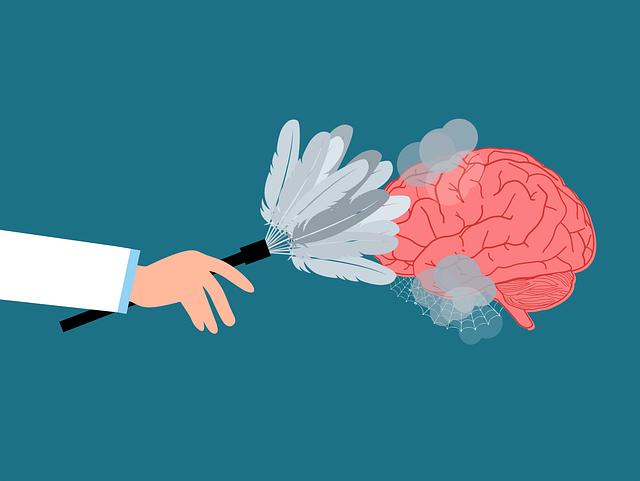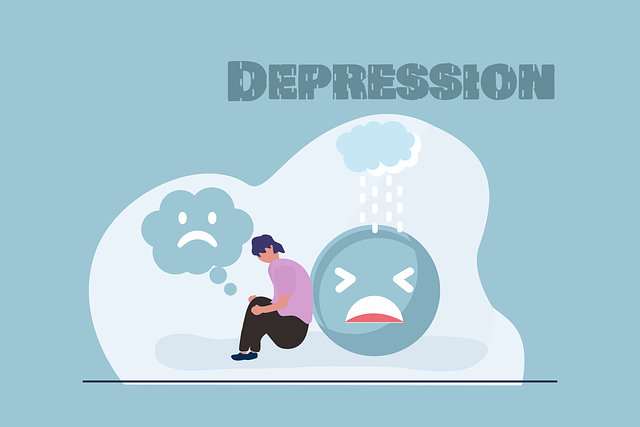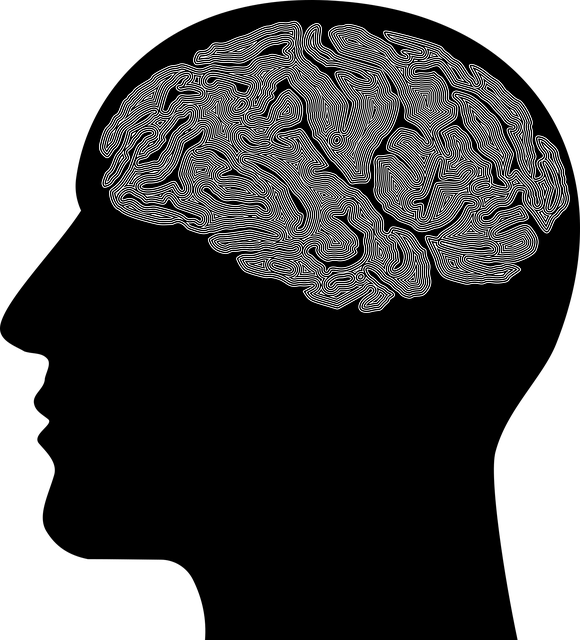Substance abuse among children poses significant risks to their mental health and well-being due to their vulnerable early brain development. Effective prevention strategies require a multifaceted approach combining therapy, such as hypnosis, with community outreach programs. Hypnosis has shown effectiveness in managing stress, anxiety, and underlying mental health issues that may lead to substance abuse. A holistic approach integrating individual therapy and broader community initiatives is essential to tackle this complex issue. Hypnotherapy sessions can reduce stress, enhance open communication, and address root causes of misuse, fostering healthier coping mechanisms for children and promoting mental wellness in communities.
Substance abuse among children is a growing concern, with significant risks impacting their physical and mental health. This article explores comprehensive risk reduction strategies tailored to address this issue head-on. We delve into understanding the unique risks children face, highlighting the power of therapy as an effective tool. Additionally, we introduce hypnosis as an alternative approach, offering hope for those seeking non-traditional methods. By exploring supportive home environments and community engagement, parents and caregivers can play a pivotal role in prevention.
- Understanding Substance Abuse Risks in Children
- The Role of Therapy in Risk Reduction
- Hypnosis as an Alternative Approach
- Creating a Supportive Environment at Home
- Community Engagement and Preventative Measures
Understanding Substance Abuse Risks in Children

Substance abuse among children is a growing concern, with potential long-lasting impacts on their mental health and overall well-being. Understanding the risks associated with early substance exposure is paramount in developing effective prevention strategies. Children’s brains are still developing, making them more susceptible to the detrimental effects of drugs and alcohol. Early intervention through therapy, including hypnosis, can be a powerful tool to mitigate these risks. Hypnosis has shown promise in helping children manage stress, anxiety, and underlying mental health issues that may contribute to substance abuse.
In addition to therapeutic approaches, fostering a supportive environment is crucial. This involves implementing community outreach programs and promoting self-care routine development for better mental health. By educating parents, caregivers, and the wider community about the signs of substance abuse in children and providing access to resources, we can create a network of support that reduces risks and promotes healthy development. A holistic approach, considering both individual therapy and broader community initiatives, is essential in navigating this complex issue.
The Role of Therapy in Risk Reduction

Therapy plays a pivotal role in risk reduction strategies for substance abuse, especially when tailored to address specific needs, such as those of children. Child-focused therapy, often incorporating techniques like hypnosis, has shown remarkable effectiveness in managing underlying mental health issues and enhancing self-esteem. Hypnosis can help children explore and overcome trauma, stress, or emotional challenges that may contribute to substance abuse.
By improving self-esteem and coping mechanisms, therapy empowers individuals to make healthier choices. Additionally, for healthcare professionals working with at-risk populations, regular risk assessment is crucial. This involves identifying potential triggers and implementing burnout prevention strategies to ensure resilience and maintain the quality of care. Effective therapy and holistic wellness practices are game-changers in substance abuse prevention, offering long-lasting benefits for individuals and communities.
Hypnosis as an Alternative Approach

Hypnosis has emerged as an alternative approach to addressing substance abuse issues, particularly in the context of therapy for children. This method leverages the power of the subconscious mind to make positive changes and promote mental wellness. Through hypnosis sessions, young individuals can develop enhanced resilience, allowing them to better cope with triggers and stress factors that might lead to substance misuse. It also facilitates a deeper understanding of underlying emotional issues, helping children to process and overcome these challenges in a safe and controlled environment.
Incorporating hypnosis into the mental wellness podcast series production or self-care routine development for better mental health can be immensely beneficial. Hypnotic techniques can help individuals break free from negative thought patterns associated with substance abuse, encouraging healthier behaviors and habits. Moreover, it offers a non-invasive method to support traditional therapy approaches, potentially leading to improved outcomes in the long term.
Creating a Supportive Environment at Home

Creating a supportive environment at home is a powerful risk reduction strategy for substance abuse, especially when children are involved. Therapy for children can play a pivotal role in fostering an empathetic and understanding atmosphere. Hypnosis, as a therapeutic tool, has been shown to be effective in reducing stress and anxiety, which are often underlying factors in substance misuse. By implementing stress reduction methods tailored to each family’s unique dynamics, parents can create a haven where open communication thrives. This safe space encourages children to express their feelings and fears without judgment, fostering better mental health practices from an early age.
Additionally, cultural sensitivity in mental healthcare practice is essential when addressing these issues. Recognizing and respecting diverse backgrounds and beliefs allows for more personalized empathy-building strategies. Through therapy, families can learn to navigate challenges with a deeper understanding of each other’s perspectives, strengthening their bonds and promoting healthier coping mechanisms.
Community Engagement and Preventative Measures

Community engagement plays a pivotal role in risk reduction strategies for substance abuse. By fostering strong connections within neighborhoods and schools, individuals at risk can find support and guidance before turning to harmful substances. Preventative measures such as education programs, mental wellness podcast series production, and stigma reduction efforts aimed at mental illness can equip young minds with the knowledge and resilience to make healthier choices. These initiatives promote positive thinking and open dialogues about substance abuse, reducing the chances of experimentation and addiction.
In addition, integrating therapeutic approaches like hypnosis into community outreach programs has proven effective in helping children navigate stress and emotional challenges without resorting to drugs or alcohol. Hypnosis sessions can enhance mental illness stigma reduction efforts by teaching participants coping mechanisms that strengthen their mental wellness. This holistic approach ensures that communities become safer and more supportive environments for at-risk individuals, ultimately minimizing the risk of substance abuse.
In addressing substance abuse risks, especially among children, a multi-faceted approach is crucial. While understanding the underlying causes through therapy plays a significant role, alternative methods like hypnosis offer additional promise. Creating a supportive home environment and engaging with community resources further strengthen these efforts. For parents and caregivers, integrating these diverse strategies – including tailored therapy for children and innovative techniques like hypnosis – can make a substantial difference in mitigating substance abuse risks within their reach.













